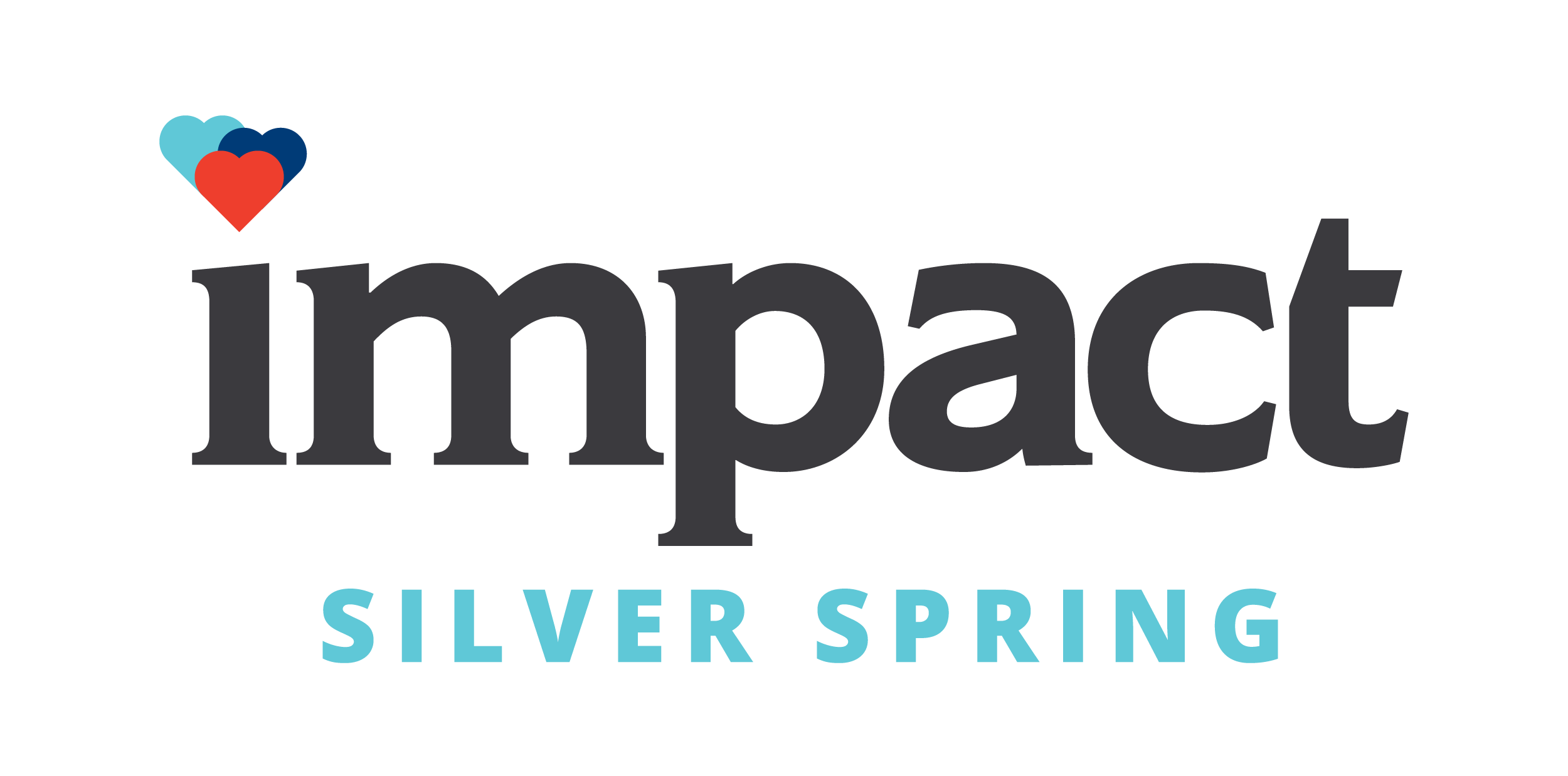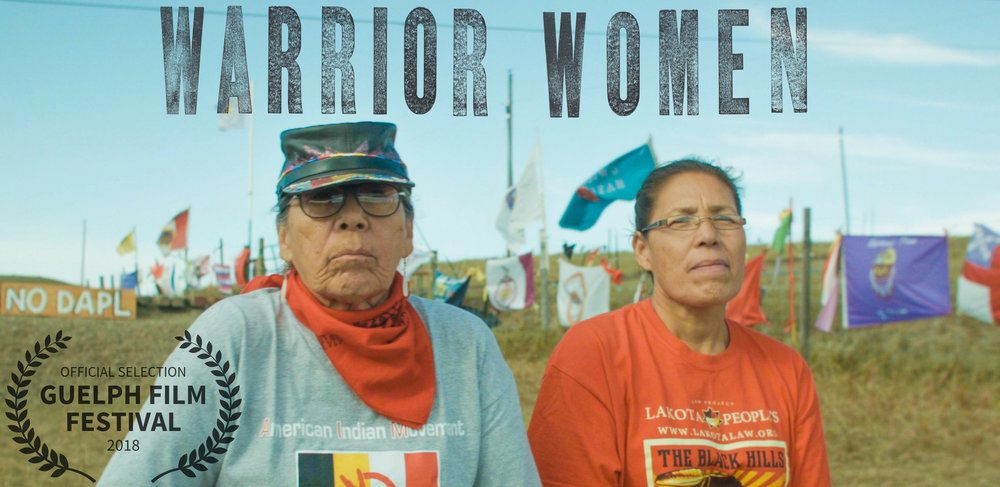This program year, IMPACT’s “Film and Discussion” series is focused on cross-racial solidarity. The purpose of each film we watch online together is to understand each other’s struggles, histories we haven’t been taught, and how the film topics connect to our pursuit of justice and liberation today.
On October 29th we screened the documentary Warrior Women about the American Indian Movement (AIM) of the 1970’s and the women leaders who shaped a generation of future activism. The film focuses on the socio-political actions of Madonna Thunder Hawk a member of the Oohenumpa band of the Cheyenne River Sioux Nation. The hour-long documentary tells a powerful story of Thunder Hawk’s advocacy on behalf of Indigenous People. Perhaps the inspiration for her drive can be summed up in words she speaks early in the film: “This country is built on the bones of our ancestors. We have our culture, we have our way of life, we have our language. What we’re trying to do is retain it, retain our right as a people to be Indian.”
Throughout the documentary we gain deeper understanding of Native American history that many of us may be only vaguely familiar with: stories of treaties with Indigenous People broken by the U.S. government, Indigenous children taken from their families and placed in boarding schools for assimilation, and the serial displacement of Indigenous People. The documentary also shares about less well-known (and in some cases, more current) history like the 1973 siege between federal officers and members of AIM at Wounded Knee, South Dakota.




Leave a Reply